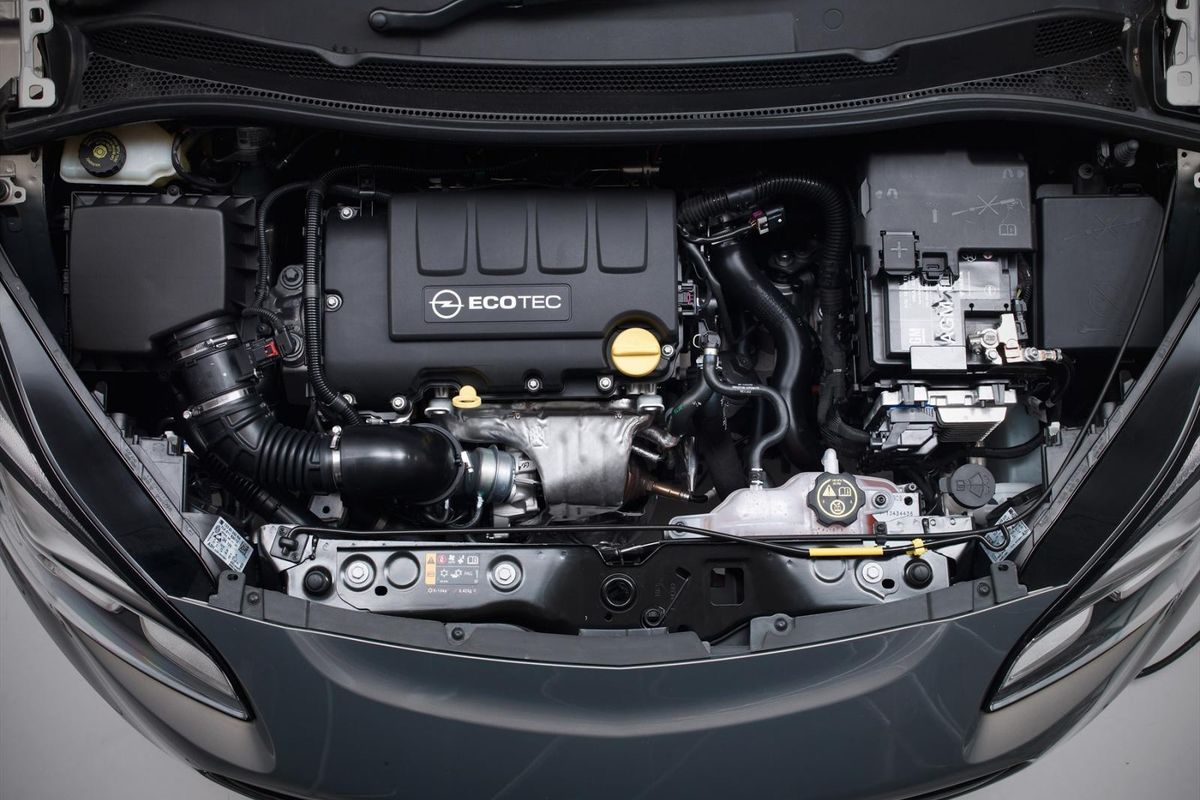Locate the most effective Opel Corsa 1.4 Engine Price for Your Vehicle at Car Parts Emporium
Engine Buying Professional Tips on Picking the Right Engine for Your Specific Requirements
Selecting the appropriate engine for your particular needs includes a complicated interplay of elements that go beyond simple horse power numbers. By diving right into the ins and outs of power versus performance, assessing gas rankings, and budgeting for long-term prices, one can absolutely enhance their engine choice.
Power Vs. Efficiency: Finding the Equilibrium
When choosing an engine, it is crucial to strike a balance between power and efficiency to fulfill your specific requirements properly. Power describes the engine's ability to generate power for propulsion, figuring out factors like acceleration, pulling ability, and total efficiency - Opel Corsa 1.4 Engine Price. On the various other hand, performance associates with how well the engine makes use of gas to create power, impacting variables such as gas economic climate and environmental friendliness
Achieving the right equilibrium in between power and efficiency is essential because an engine that is also powerful may take in too much gas, causing higher operating costs and unneeded strain on the atmosphere. Conversely, an engine that focuses on effectiveness over power may result in sluggish performance, specifically in requiring circumstances like hauling hefty tons or driving uphill.
To make a notified choice, consider variables such as your normal driving problems, the intended use the automobile, and your personal preferences. By examining your requirements and priorities, you can choose an engine that strikes the perfect equilibrium between power and performance, making certain optimal performance while decreasing environmental influence and operating expenses.
Comprehending Engine Dimension and Kind
To additionally fine-tune the choice procedure of an engine that strikes the ideal equilibrium between power and efficiency, it is essential to delve into the ins and outs of understanding engine size and type. Engine size refers to the total volume of air and fuel that can be pressed via the engine cyndrical tubes.
Usual engine kinds include inline engines, V engines, and rotary engines, each with its special advantages and downsides. Recognizing the interaction between engine size and type is vital in selecting an engine that lines up with your specific requirements and concerns, whether it be power, performance, or a balance of both.

Consider Your Lorry's Requirements
Considering your car's requirements is an essential action in the engine choice procedure to ensure optimal performance and capability. It is important to assess aspects such as the intended use of the car, its weight, hauling ability, and fuel effectiveness demands. If you are looking for an engine for a heavy-duty vehicle that will certainly be made use of for towing, you will certainly need a powerful engine with high torque abilities. On the other hand, if you are choosing an engine for a small automobile largely utilized for city commuting, fuel efficiency may be a much more vital variable to consider.
If you regularly drive in hilly or article source sloping areas, a robust engine with great climbing power will certainly be needed. By straightening the engine specifications with your car's demands, you can guarantee that your car operates effectively and meets read what he said your performance assumptions.
Assessing Fuel Effectiveness Rankings
Examining gas efficiency ratings is a crucial aspect of picking the best engine for your car, guaranteeing price savings and ecological sustainability. Fuel performance rankings, normally gauged in miles per gallon (MPG) for fuel engines or kilowatt-hours per 100 miles (kWh/100 miles) for electrical engines, indicate just how far a vehicle can travel on a specific quantity of gas or electrical energy. Greater MPG or reduced kWh/100 miles values represent more efficient engines, converting to minimized gas expenses and lower carbon discharges.
Additionally, compare different engine alternatives within the very same automobile class to identify the most cost-effective choice. Aspects such as engine size, weight, the rules of aerodynamics, and hybrid or electrical capacities can all influence fuel performance.
Budgeting for Long-Term Prices
Tactically intending for lasting expenditures is essential when selecting an engine, making certain monetary sustainability over the car's life-span. While the first acquisition cost of an engine is a significant variable, it is essential to think about the long-lasting costs connected with upkeep, fixings, and fuel consumption.
Additionally, investigating the schedule and cost more helpful hints of replacement parts for the chosen engine is essential in budget preparation. By carefully budgeting for these lasting expenses and factoring them into the decision-making procedure, individuals can choose an engine that not just satisfies their prompt requirements yet also remains economical throughout its lifespan.
Final Thought
To conclude, picking the appropriate engine for your certain demands requires balancing power and performance, understanding engine size and kind, considering your vehicle's requirements, reviewing gas effectiveness ratings, and budgeting for long-lasting expenses. By carefully considering these factors, you can make certain that you choose an engine that meets your needs and provides optimum performance for your car.
To further fine-tune the option procedure of an engine that strikes the optimum balance in between power and performance, it is essential to dive into the ins and outs of comprehending engine dimension and type. Engine size refers to the complete quantity of air and gas that can be pressed through the engine cyndrical tubes. Typical engine kinds include inline engines, V engines, and rotating engines, each with its unique advantages and downsides. Comprehending the interplay in between engine dimension and type is vital in choosing an engine that aligns with your particular requirements and top priorities, whether it be power, efficiency, or a balance of both.
